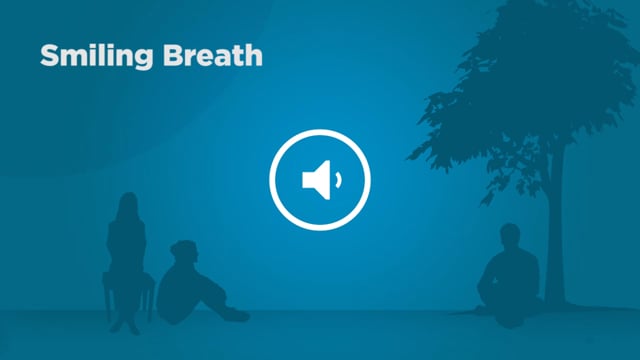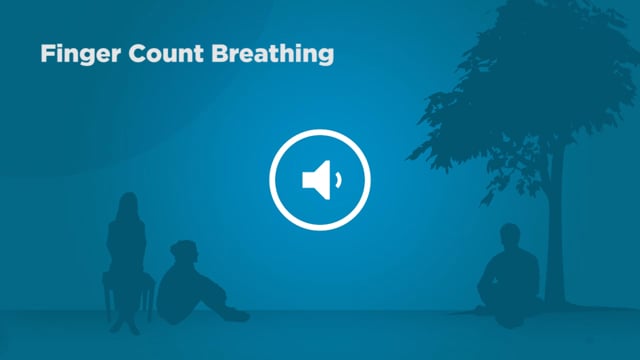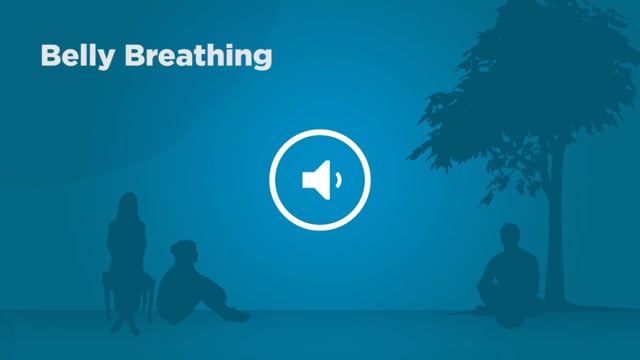- Parents Home
- Para Padres
- A to Z Dictionary
- Allergy Center
- Asthma
- Cancer
- Diabetes
- Diseases & Conditions
- Doctors & Hospitals
- Emotions & Behavior
- First Aid & Safety
- Flu (Influenza)
- Food Allergies
- General Health
- Growth & Development
- Heart Health & Conditions
- Homework Help Center
- Infections
- Newborn Care
- Nutrition & Fitness
- Play & Learn
- Pregnancy Center
- Preventing Premature Birth
- Q&A
- School & Family Life
- Sports Medicine
- Teens Home
- Para Adolescentes
- Asthma
- Be Your Best Self
- Body & Skin Care
- Cancer
- Diabetes
- Diseases & Conditions
- Drugs & Alcohol
- Flu (Influenza)
- Homework Help
- Infections
- Managing Your Weight
- Medical Care 101
- Mental Health
- Nutrition & Fitness
- Q&A
- Safety & First Aid
- School, Jobs, & Friends
- Sexual Health
- Sports Medicine
- Stress & Coping
Common Sleep Problems
Sleep problems can keep some teens awake at night even when they want to sleep. Teens who don't get enough sleep don’t do as well in school or sports. They may feel moody, depressed, or have other emotional problems. And teens who drive without enough sleep are more likely to be in car accidents.
Why Do Teens Have Trouble Sleeping?
Most teens should get 8 to 10 hours of sleep a night. You don't need to be a math whiz to figure out that if you wake up for school at 6 a.m., you'd have to go to bed at 10 p.m. to get enough sleep. But many teens have trouble falling asleep that early because their brains naturally work on later schedules.
During the teen years, the body's internal sleep clock is reset to fall asleep later at night and wake up later in the morning. This change happens because teen brains make the sleep hormone melatonin later at night than kids’ and adults’ brains do. So, teens have a harder time falling asleep. Sometimes this delay in the sleep–wake cycle is so severe that it affects a person's daily activities. In those cases it's called delayed sleep phase syndrome or "night owl" syndrome.
This isn't the only reason teens lose sleep, though. Bright lights and the blue light from electronic devices also delay the release of melatonin, making it even harder to sleep.
Lots of people have insomnia — trouble falling asleep or staying asleep. All sorts of things can make it hard to sleep, including:
- feeling uncomfortable or sick (a stuffy nose, headache, or other pain, for example)
- uncomfortable sleeping environment (a room that's too hot, cold, bright, or noisy)
- stress or anxiety, like worrying about school, relationships, or problems at home
- mental health problems, such as depression or post-traumatic stress disorder (PTSD)
- some medical problems
- some medicines
- poor sleep habits
Everyone has trouble falling asleep from time to time. But if insomnia happens several nights a week for week or months, it’s time to talk to your doctor.
What Other Sleep Problems Can Teens Have?
Periodic Limb Movement Disorder or Restless Legs Syndrome
Some teens might have:
- periodic limb movement disorder: leg and arm twitches or jerks at night
- restless legs syndrome: the urge to move their legs, mostly at night. They may feel tingling, itching, cramping, or burning.
These disorders can make teens have trouble falling asleep and be restless through the night. During the day, they feel tired, cranky, and may have attention or behavior problems. Some teens might have both disorders.
Obstructive Sleep Apnea
Obstructive sleep apnea is when a person stops breathing briefly during sleep. Someone who has it might snore, have noisy breathing, toss and turn, and sweat heavily at night. Because they miss out on restful sleep, they usually feel very sleepy during the day and may fall asleep in classes or take naps.
Obstructive sleep apnea happens when something blocks the airway (such as large tonsils or adenoids). People who are overweight also are more likely to have apnea. If it’s not treated, it can lead to learning, attention, behavior, and heart problems.
Nightmares
Most teens have nightmares once in a while. Nightmares can wake someone up during the night and make it hard to fall back to sleep. The most common triggers for frequent nightmares are stress or anxiety. Other things that can trigger them include illness, some medicines, using drugs or alcohol, and not getting enough sleep.
Sleepwalking
Most sleepwalkers are kids, but some teens and adults also sleepwalk. Sleepwalking often happens when a person is sick, has a fever, is not getting enough sleep, or is stressed.
Sleepwalking usually isn’t a serious problem. Sleepwalkers tend to go back to bed on their own and don't remember sleepwalking. Try not to wake sleepwalkers because this might scare them. Instead, gently guide them back to bed.
Narcolepsy
Narcolepsy is rare, but symptoms often start during childhood and teen years. People with narcolepsy are very sleepy during the day. They may feel drowsy or fall asleep suddenly without warning. They can lose control of their muscles, or have vivid dreams while dozing off or waking up. They often have trouble sleeping at night and wake up a lot. Narcolepsy can be dangerous if a person has a sleep attack while doing things like driving.
How Can I Sleep Better?
If you are not getting enough sleep at night, take a look at your sleep routine. Set regular bed- and wake-up times. If you know what time you have to wake up in the morning, count back at least 8 hours from there. Try to stick to the schedule as close as you can, even on weekends.
Here are some tips for better sleep:
- Keep the bedroom dark, cool, and quiet.
- Don’t keep a TV or video game system in the bedroom.
- About an hour before bedtime, put away homework and turn off all screens (TV, computers, and handheld devices). Turn off or silence cellphones. Consider charging phones outside the room.
- Try a relaxing bedtime routine, like taking a warm bath or shower, reading, listening to music, or meditating before going to sleep.
- Avoid caffeine (found in coffee, tea, soda, energy drinks, and chocolate) in the late afternoon and evening.
- Get regular exercise (but not too close to bedtime).
- If you are very tired during the day, take a short nap (less than an hour) in the early afternoon. Longer or later naps make it harder to fall asleep at night.
Talk to your doctor if you have trouble falling or staying asleep, snore most nights, or you think you're getting enough rest at night but still feel tired during the day.

Smiling Breath
This breathing exercise can help you lift stress or switch from a difficult mood to a more positive one.

Finger Count Breathing
Finger count breathing is a good way to slow down and hit your internal “pause” button.

Belly Breathing
When we’re relaxed, air naturally flows deeper into our lungs. Practicing belly breathing can help you create these feelings of relaxation and calm.

© 1995- The Nemours Foundation. KidsHealth® is a registered trademark of The Nemours Foundation. All rights reserved.
Images sourced by The Nemours Foundation and Getty Images.
